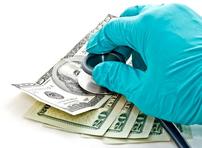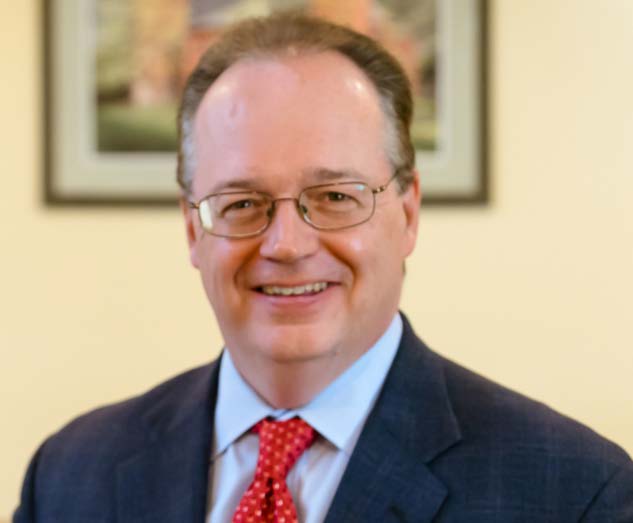 The Cooper Health System will pay $12.6 million to settle a whistleblower lawsuit brought by one of its doctors. The suit alleged that the hospital system made improper payments to physicians for “consulting” and “advisory board” compensation in return for referrals to the hospital’s cardiology program. The physician who filed the lawsuit will receive a whistleblower reward that should be between $1.89 million and $3.15 million. The lawsuit alleged that outside physicians were paid $18,000 per year to serve on the Cooper Heart Institute Advisory Board, and that at least one purpose of these payments was to induce the physicians to refer patients to the hospital’s cardiology program. Payments by hospitals to outside physicians violate the Anti-Kickback statute and the Stark law if they are based on patient referrals. The rationale is that payments for referrals interfere with the physician-patient relationship and can lead to over-utilization and inflated costs. The law punishes both those who make the payments for referrals and those who receive the payments. A violation of the Anti-Kickback statute or Stark law also renders the resulting treatment ineligible for reimbursement from Medicare or Medicaid. Any claim for reimbursement is therefore considered a false claim. Submission of false claims to Medicare or Medicaid results in liability for treble damages, a penalty of $11,000 per claim, and in some cases criminal prosecution. In this case, a physician who was recruited to serve on the Advisory Board recognized the potential illegality and decided not to join. Instead, he filed a qui tam or whistleblower lawsuit and alerted the authorities. The qui tam provisions of state and federal False Claims Acts allow an individual to file a lawsuit on behalf of the government and share in any recovery. A qui tam lawsuit is filed initially “under seal” (in secret) and the evidence is presented only to the government. The government investigates the allegations and decides whether or not to join in the lawsuit. In this case, both the federal and state governments decided to join in the lawsuit. Cooper Health System agreed to pay $10.2 million to the United States and $2.3 million to the State of New Jersey to resolve the physician kickback and Stark law allegations without admitting wrongdoing. Under the False Claims Act, the doctor who brought the qui tam suit is entitled to a whistleblower reward of up to 25% of the amount recovered. If you are aware of hospitals, nursing homes, or other facilities that are paying physicians to serve on boards or as consultants, or providing them with low-cost office space or other benefits in return for patient referrals, then you should consult with an experienced whistleblower attorney to find out if you may qualify for a significant whistleblower reward and legal protections. The consultation is completely free and confidential. If you have a viable case, there are no attorney’s fees unless you win, in which case your whistleblower attorney will be paid out of the winnings. To arrange a free and confidential consultation, call John Howley, Esq. at (212) 601-2728 or click here to reach our offices via email. John Howley, Esq. The information you obtain at this site is not, nor is it intended to be, legal advice. You should consult an attorney for advice regarding your individual situation. I invite you to contact our law offices and welcome your calls, letters and electronic mail. Contacting us does not create an attorney-client relationship. Please do not send any confidential information to us until such time as an attorney-client relationship has been established. I practice law and offer legal services only in jurisdictions where I am properly authorized to do so. I do not seek to represent anyone in any jurisdiction where this web site does not comply with applicable laws and bar rules.
0 Comments
Your comment will be posted after it is approved.
Leave a Reply. |
John Howley, Esq.
350 Fifth Avenue 59FL New York, NY 10118 (212) 601-2728 |
